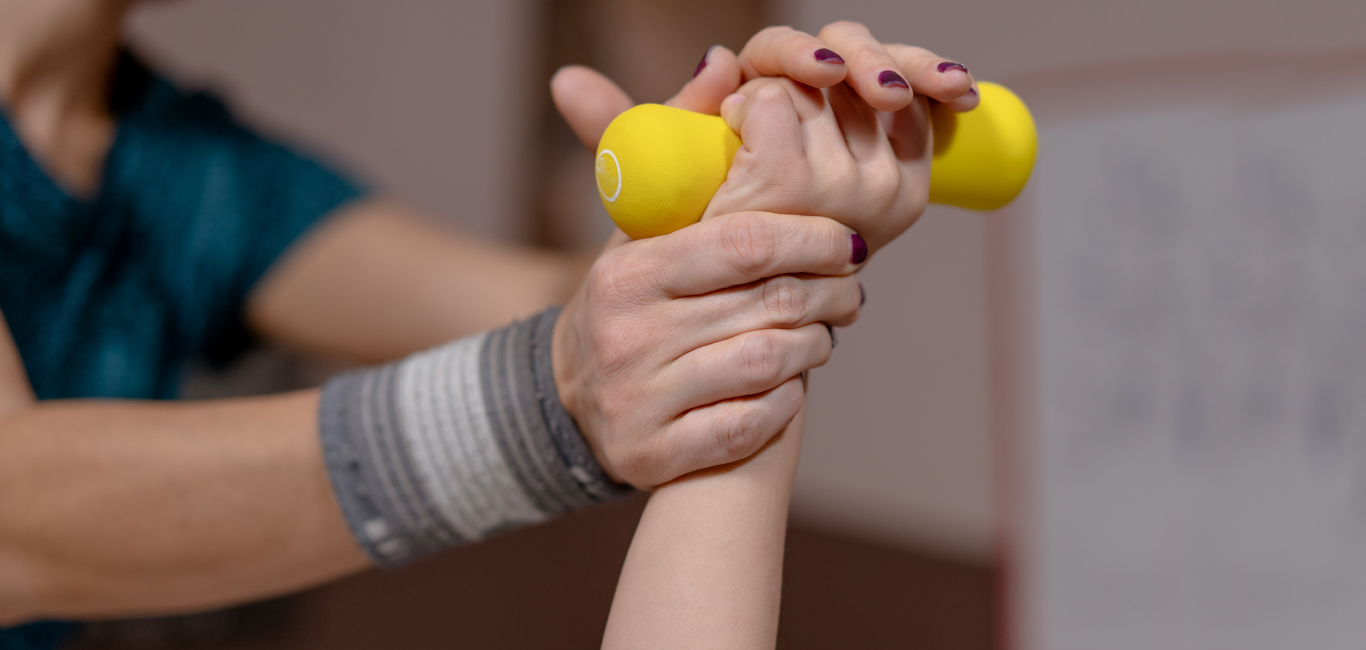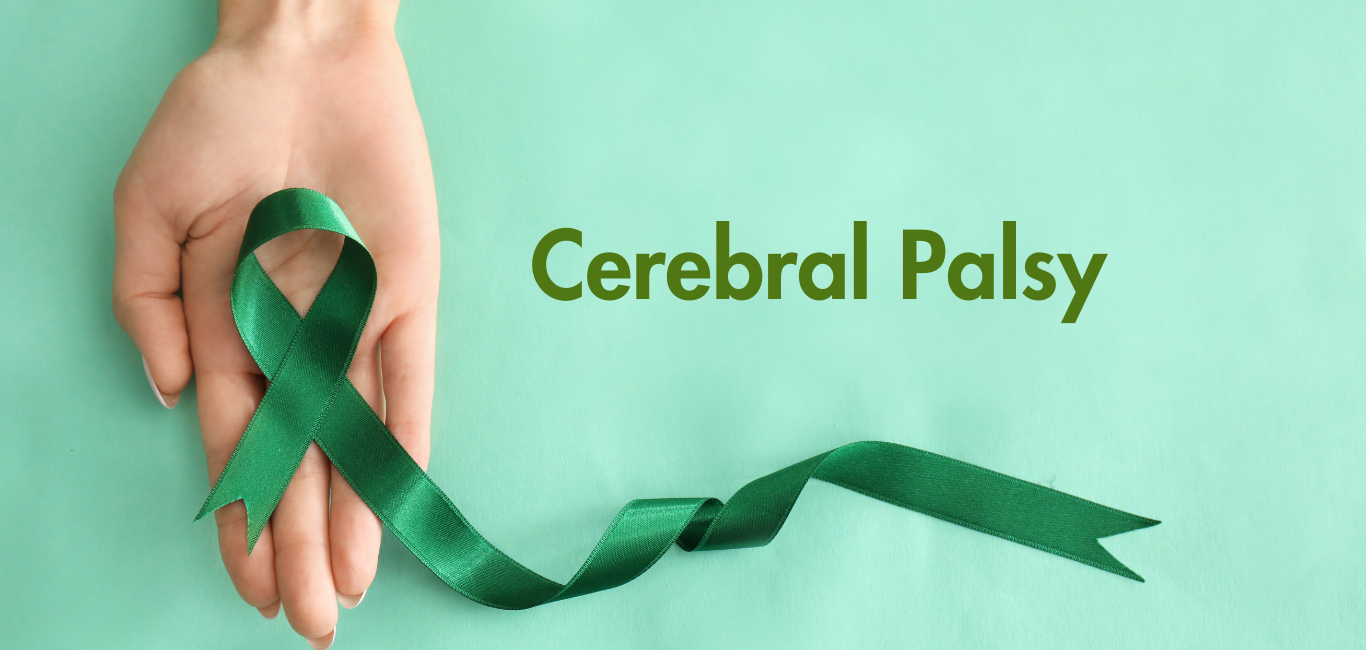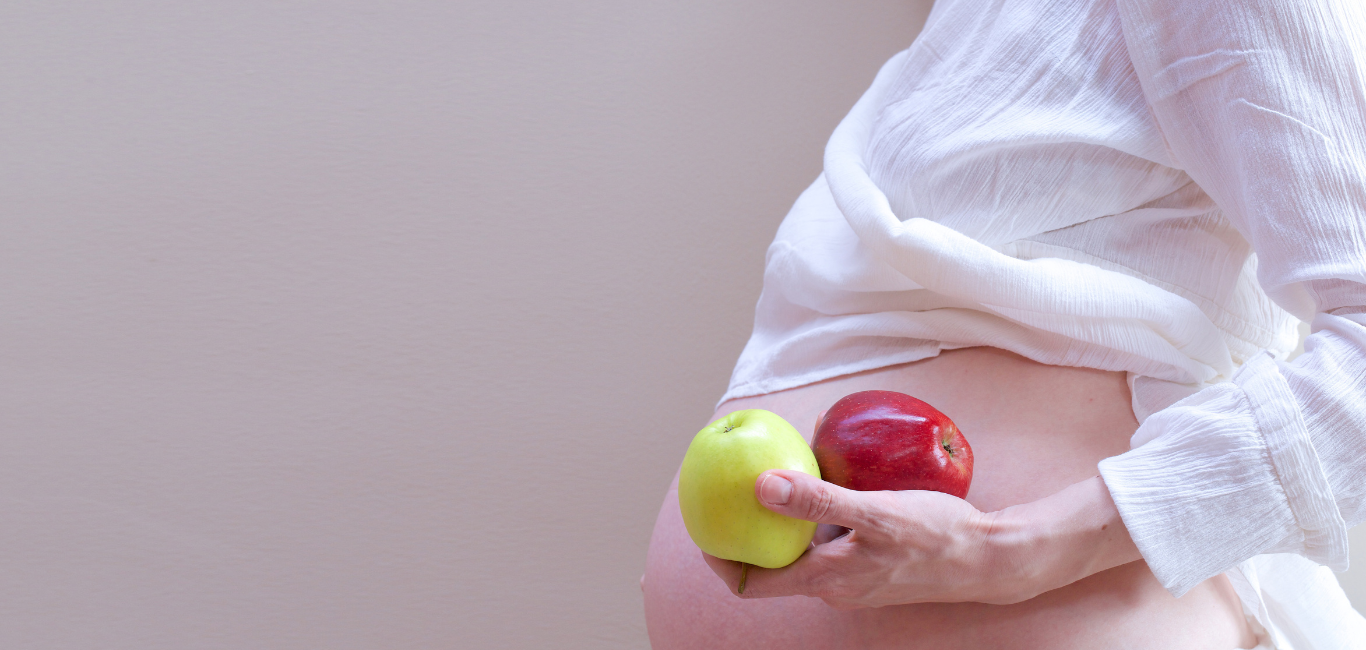
Neha K recalls spending most of her childhood visiting the paediatrician and physiotherapists. She says she was diagnosed with cerebral palsy in the early 2000s when she was a baby of around eight months.
“My parents had observed some developmental delays in me. For example, I could not roll over independently, had weak muscle movement and frequent spasms,” she says. On diagnosis, her paediatrician confirmed that she had spastic diplegia – a type of cerebral palsy that causes muscle stiffness.
Birthtime risks
Cerebral refers to ‘brain’, and palsy means ‘difficulty in muscular functioning’ according to the Centres for Disease Control and Prevention.
A 2018 study published in Nature explains that cerebral palsy can happen due to injury to the baby’s brain at any of its growth stages – when the child is in the womb, at birth or later.
According to the National Institutes of Health (NIH), the risk increases with premature birth or when twins or multiple babies are born. Pregnancy complications like infections, fluctuations in blood pressure, a low body weight of the baby at the time of birth, blood mismatch, and exposure to toxic elements like methylmercury increase the baby’s risk of getting cerebral palsy.
Reading the signs
Dr Ansul Parashar, chief physiotherapist at the Joint Efforts Physiotherapy Clinic in Noida, explains that cerebral palsy is a neurological condition that affects muscle function. “It causes an inability in movement, difficulty in speech, limits posture and other physical activities of a child,” he says.
Difficulties are usually faced in feeling the senses and interpreting them. For example, a child with cerebral palsy cannot feel touch, judge its reaction, or move muscles in response to the touch. “The disturbances noticed in these children vary from sensory to perceptual variations that come with interpreting these senses, cognitive and musculoskeletal,” says Dr Vivian Nehal Monis, physiotherapist based in Bengaluru.
Dr Parashar says parents are the first ones to notice the missed developmental milestones in their children, and as primary indicators, they can look for these signs. But, in addition to these, they can also observe signs like trouble with learning, speech, lack of balance, slow writing and related symptoms as the child grows up.
Leveraging water buoyancy and physiotherapy
Once Neha was diagnosed with cerebral palsy, she was advised immediate corrective surgery to increase muscle movement and reduce spasms. Later she was advised to do long-term physiotherapy and hydrotherapy along with swimming to improve her overall movement.
Dr Parashar explains hydrotherapy as a set of physiotherapy exercises performed underwater. “Since the body feels lighter when immersed in water, it is easy for the child to move underwater; this can relieve pain, and increase circulation and mobility,” he says.
Dr Monis explains that although cerebral palsy is irreversible, the severity can be managed with a combination of medical interventions, physiotherapy, and occupational therapy. “I observe some remarkable and long-lasting positive effects of physiotherapy on children with cerebral palsy,” he says.
Dr Parashar agrees that physiotherapy is effective in helping children to strengthen their muscles, improve balance, gain mobility, and get other benefits that improve symptoms. But “Early intervention can have better outcomes,” he adds.
Two happy cases
Dr Parashar also shares his experience of treating a 7-year-old boy who had athetoid cerebral palsy. “His stiff posture and rigid muscle movement made it difficult for him to eat, swallow or even sit. He had frequent spasms and joint contracture,” he says.
Initially, the boy underwent a few surgeries and medication to improve his mobility, after which he was advised physiotherapy. “With two years of physical therapy, including neurodevelopment treatment, the boy was able to sit and stand independently,” says Dr Parashar.
Neha, now in her 20s, vouches for the benefits of physiotherapy, saying that it has made a difference to her walking; it has strengthened her muscles, prevented muscle loss, and maintained her body balance. “Progressing from a walker to crutches is the major improvement I have had after physiotherapy,” says Neha.

















